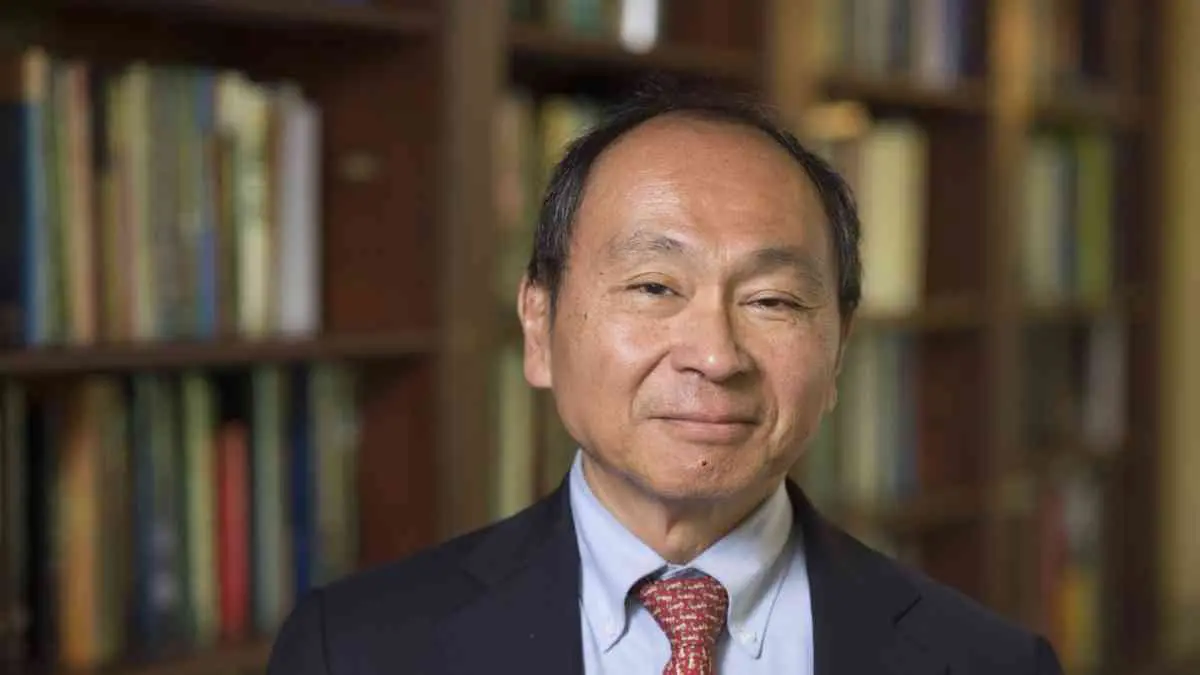Francis Fukuyama: The End of History and the Last Man made American political theorist Francis Fukuyama famous. Fukuyama suggested liberal democracy could be humanity’s “end point” in politics. After the Cold War, Western democracy and free markets would rule the world, he said.
Recent political changes in America and abroad call Fukuyama’s theory into question. Fukuyama now openly discusses how nationalism and “identity politics” influence society and politics. These changes could destabilise the liberal-democratic values he once considered inevitable.
Fukuyama’s theory of liberalism
At the centre of Fukuyama’s theory are the dignity and rights of the individual. He claims liberalism respects these values through fair courts and government checks. He thinks liberalism has been twisted in recent decades. For instance, neoliberalism overemphasized free markets, increasing working class inequality and frustration.
Identity politics targets specific social groups. Fukuyama fears this has divided groups by favoring some over others. He thinks liberalism’s changes have alienated many people, especially working-class people who feel ignored.
Trump and American Politics
The rise of Donald Trump is part of a new global political trend, says Fukuyama, in which many feel left behind by the elites. His criticism of globalisation and his promise to put American interests first make Trump attractive, he says. Trump’s presidency departs from classical liberalism’s emphasis on individual rights and equality.
Fukuyama believes that Trump’s nationalism could harm democracy in the USA. He fears that Trump’s approach will weaken America’s alliances and the rule of law.
Thinking about the future
Fukuyama’s ideas have sparked debates on democracy. His theories raise important questions: Will liberal democracy evolve or perish? For now, Fukuyama argues in favour of a return to the original values of liberalism and calls on societies to find a balance between individual rights and collective identity.
Francis Fukuyama’s work sheds light on current politics. He warns against nationalism, identity politics and liberal democracy and reminds us to defend democratic values in uncertain times.






